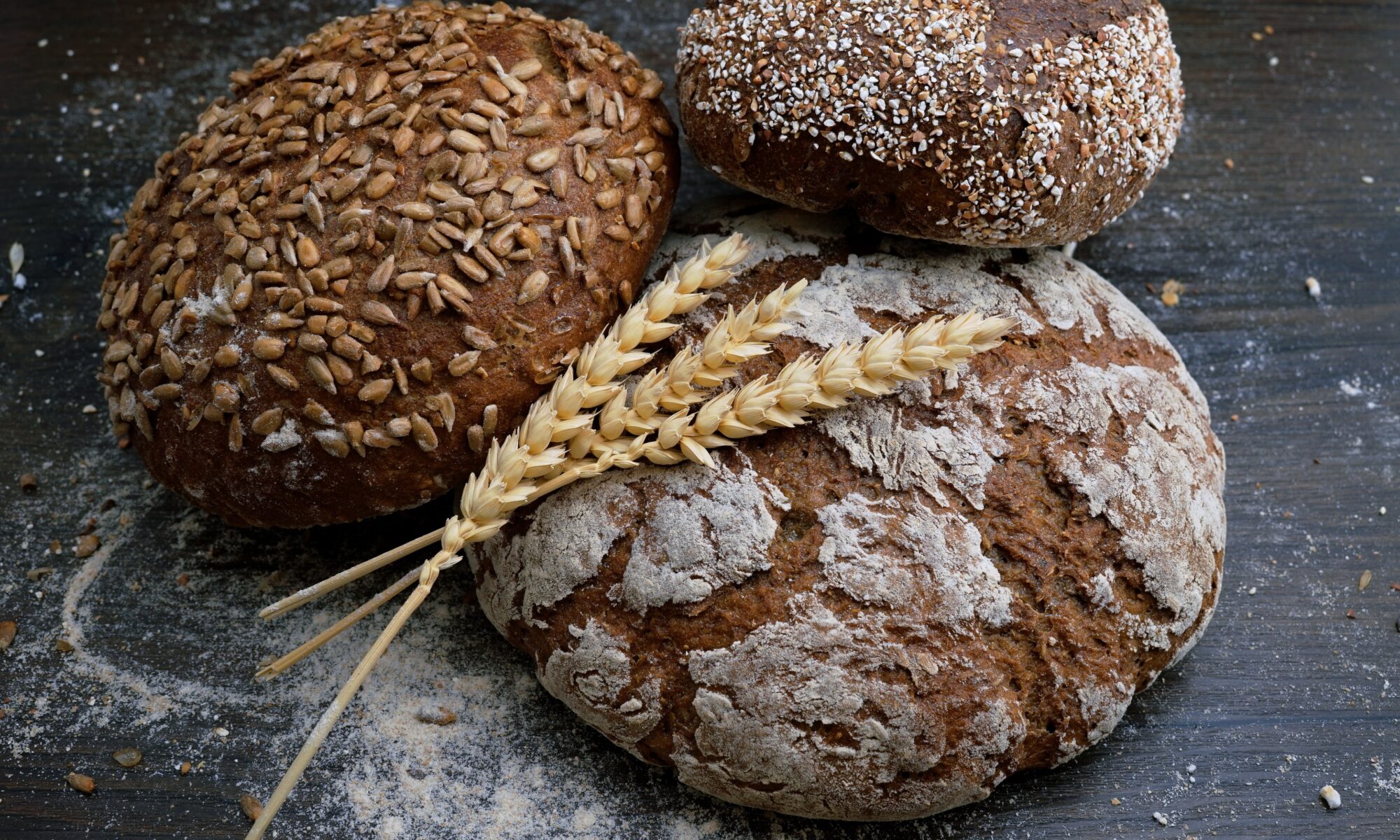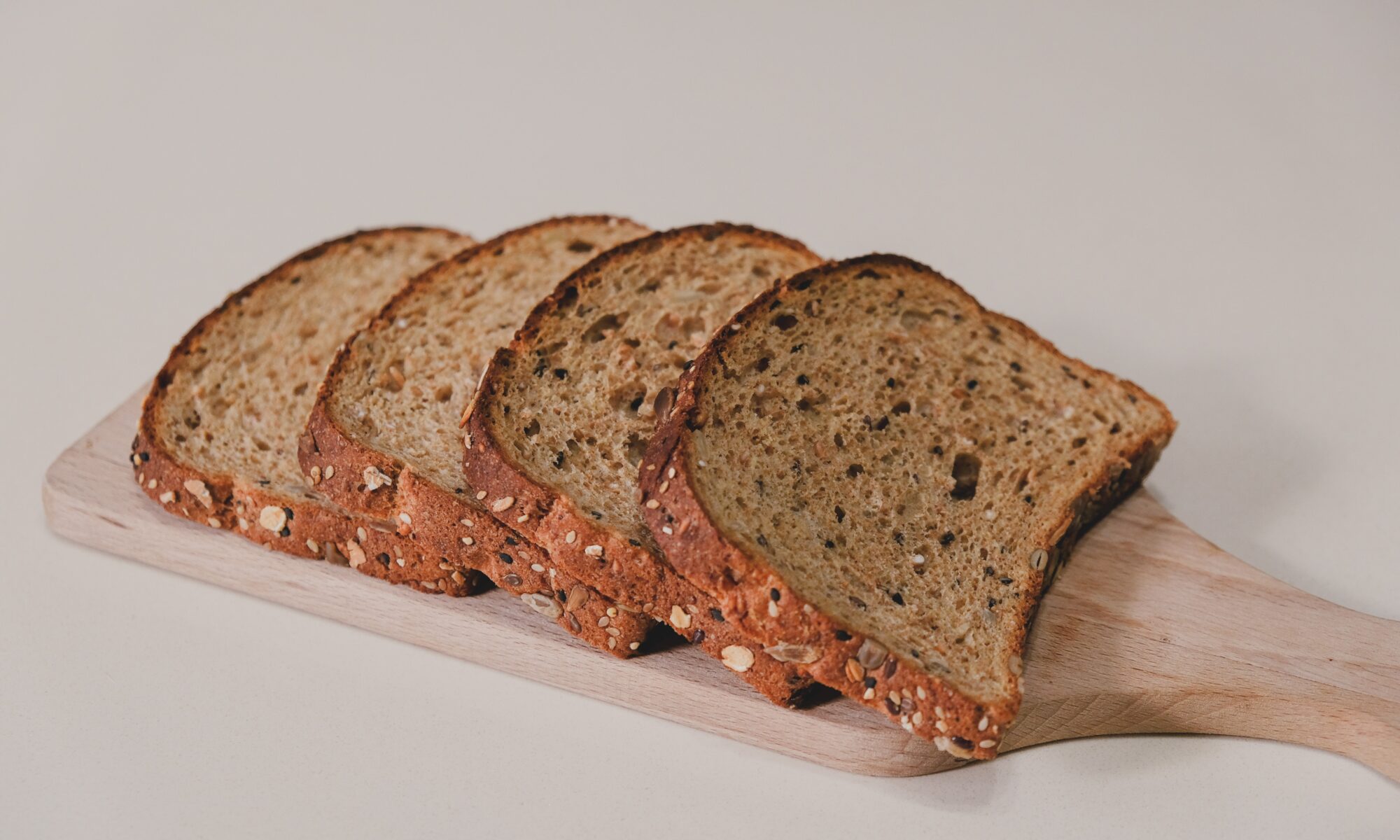In almost all cultures, bread is considered a staple food. There’s good reason for this—good bread is so nutritious that it’s possible to survive for a long time on merely bread and water. Of course, I don’t recommend a diet of bread and water, but I do believe that whole grains, including bread, are an essential part of a healthy diet.
Bread provides more than physical sustenance. We use the phrase “breaking bread together” to indicate the sharing of a meal with someone. In a spiritual and social sense, bread binds us together in our humanity and offers a sense of community. “For we many are one bread, and one body: for we are all partakers of that one bread,” (1 Corinthians 10:17). In the Jewish Passover meal, bread plays an integral role. The Jews were to eat unleavened bread during the Passover feast and then for seven days following as a celebration of the exodus from Egypt. God rained down “bread from heaven” to sustain the nation (Exodus 16:4), referring to it as “manna” (Exodus 16:31).



